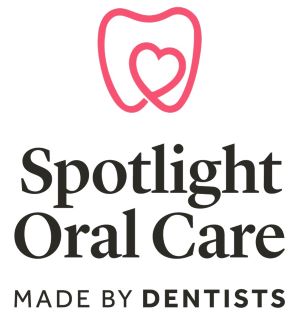
Can perimenopause affect your oral health?
A recent survey in Forbes revealed that 84% of women are unaware that menopause can affect your oral health. According to Galway based dentist Dr Vanessa Creaven, perimenopause and menopause can have a significant effect on your oral health.
‘’Changing hormonal levels with oestrogen in particular can cause you to have an increased susceptibility to gum disease and inflammation. There are a number of oestrogen receptors in the mouth and there are a number of trials that show a drop in oestrogen levels during menopause, which may present as a dry mouth and or burning mouth syndrome.

Dry mouth can increase patients' susceptibility to decay and cavities. Burning mouth syndrome is one of the major complications that are seen in menopausal and perimenopausal women. This is a chronic condition characterised by a burning sensation of the mouth. Ensuring the patients have a low plaque level and excellent oral hygiene with monitoring diet is essential to minimise disease.’’
If you do have a dry mouth, it is essential that you are supplementing your oral health with clinically proven active ingredients as the risk of getting a lot of cavities is significantly higher. Use toothpastes with clinically proven active ingredients that target cavities and gum disease, and avoid any toothpastes with harsh chemicals that will further irritate the tissues of the mouth. When you have a dry mouth, your mouth will be more sensitive and sore. Pay particular attention to the ingredient SLS (Sodium Lauryl Sulphate). It is a known irritant and can lead to more ulceration and inflammation in your mouth.

The menopause may influence women’s confidence and mood, which can lead to increased snacking on sugary foods and drinks. This can increase the risk of tooth decay and gum disease due to increased plaque levels on the teeth.
Dr Vanessa Creaven advises to continue to visit your dentist and hygienist regularly. A full examination should be completed if you do feel you are suffering from any of the named symptoms. Brushing after meals, flossing daily and eating a balanced diet can keep your teeth and gums healthier.
Source Forbes Survey here.





